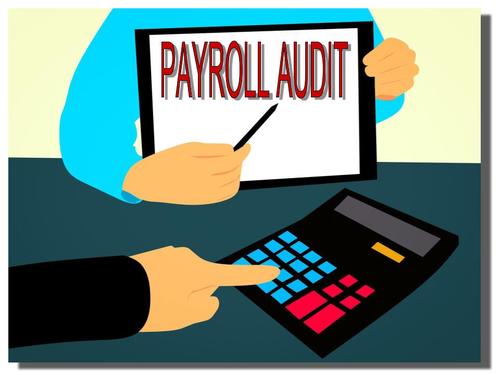Frequently Asked Questions
All You Ever Wanted to Know About Insurance
Business Insurance: Workers Compensation
General
Audits explained for your Workers Compensation policies
Workers Compensation policies are subject to an annual payroll audit. During the year, your business may expand or reduce the number of employees or change wage levels. So it is important to remind you about these audits, how they work, and how to avoid any unpleasant surprises

What is the purpose of a payroll audit?
The Workers Compensation premium for the beginning of a policy term is an estimate of the payroll for each worker classification for the policy year. The insurance company will perform a payroll audit to ensure that you only pay based on your “actual” payroll. An accurate audit at the end of the policy term will adjust your final premium up or down when reconciled against the initial estimated payroll.
So, prior to your policy renewal each year you will receive an audit form from the insurance company requesting actual payroll paid in each worker classification.

A surprise to avoid!
Nobody likes to face an unplanned expense. If you expand your payroll significantly during the year you may want to adjust your estimated payroll and pay more now into your premium deposit. That way you can avoid a large and unbudgeted additional premium expense at the end of the policy year.
What you can do to avoid surprises
- Verify during the year that your estimated payroll is what you anticipated. If your estimate is too low, an audit will create an unwelcomed bill for additional premium. If your estimate is too high then you will overpay the initial premium deposit and must wait until audit for a refund. Contact your Agent for help to revise your estimate and adjust your premium during your policy term.
- Keep accurate payroll records and separate actual payroll for each worker classification that appears on your policy.
- Monitor during the year what your actual payroll amounts are in relation to what was estimated. If you are having a great year with higher payroll than estimated, it would be wise to set aside money in anticipation of the audit premium that will be due.
- Subcontractors or Independent Contractors you hire in your operations need to provide you with “Certificates of Insurance” as proof of their Workers Compensation insurance. Keep these certificates on file for your audit. If you can’t provide this proof for your audit, then all uninsured subs or independent contractors are assumed to be your employees for Workers Compensation purposes. If so, you will be charged for the gross cost paid to subs or independent contractors without documentation.
- Audits are sent to you at the end of your policy term. You must respond in a timely fashion. A mandatory on-site auditor may inspect your payroll records for compliance. Contact your Agent with any questions you have when completing an audit.
- Contact your Agent for advice during the year if you have a material change in your operations. A change in operations may increase or decrease your workers compensation premium or create new employee rating classifications with different rates on your policy.


